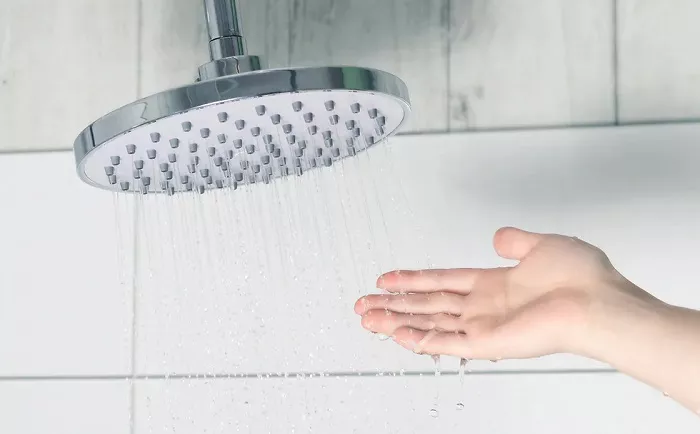Is it better to shower in the morning or at night? This question has long sparked debate. Morning shower fans say it wakes you up and refreshes you. Night shower lovers argue it cleans off the day’s dirt and helps you relax before bed. But science provides a clearer answer.
Showering is key to good hygiene no matter when you do it. It removes dirt and oil, helping to prevent skin rashes and infections. It also washes away sweat, which can reduce body odor.
Contrary to popular belief, sweat itself is odorless. The smell comes from bacteria on our skin. These bacteria feed on sweat and release smelly compounds that cause body odor.
During the day, your skin and hair gather sweat, oils, dust, pollen, and other allergens. Some stay on your clothes, but much transfers to your bed sheets and pillowcases at night.
A night shower can wash off sweat, oil, and allergens from the day. This means less dirt and bacteria transfer to your bed. But even after a night shower, you will sweat during sleep. Bacteria feed on this sweat, and by morning, you may wake up with body odor.
Night showers lose their cleaning benefits if you don’t wash your bedding often. Dirty sheets carry odor-causing microbes that can transfer back to your skin.
Shedding skin cells at night can feed dust mites, which cause allergies and worsen asthma. Regular washing of sheets prevents this build-up.
Morning showers remove sweat, bacteria, and dead skin cells accumulated overnight. This is especially helpful if your sheets are not freshly washed.
Starting your day with a shower means cleaner skin and fewer odor-causing bacteria. It also leaves you smelling fresher for longer compared to showering only at night. As a microbiologist, I recommend showering in the morning.
Everyone has their preference, but shower time is just one part of hygiene. Washing your bed sheets weekly is essential to remove sweat, bacteria, dead skin, oils, and fungal spores. This keeps both your skin and bedding clean and healthy.
Primrose Freestone, Senior Lecturer in Clinical Microbiology at the University of Leicester, highlights that proper hygiene involves both regular showers and clean bedding.


